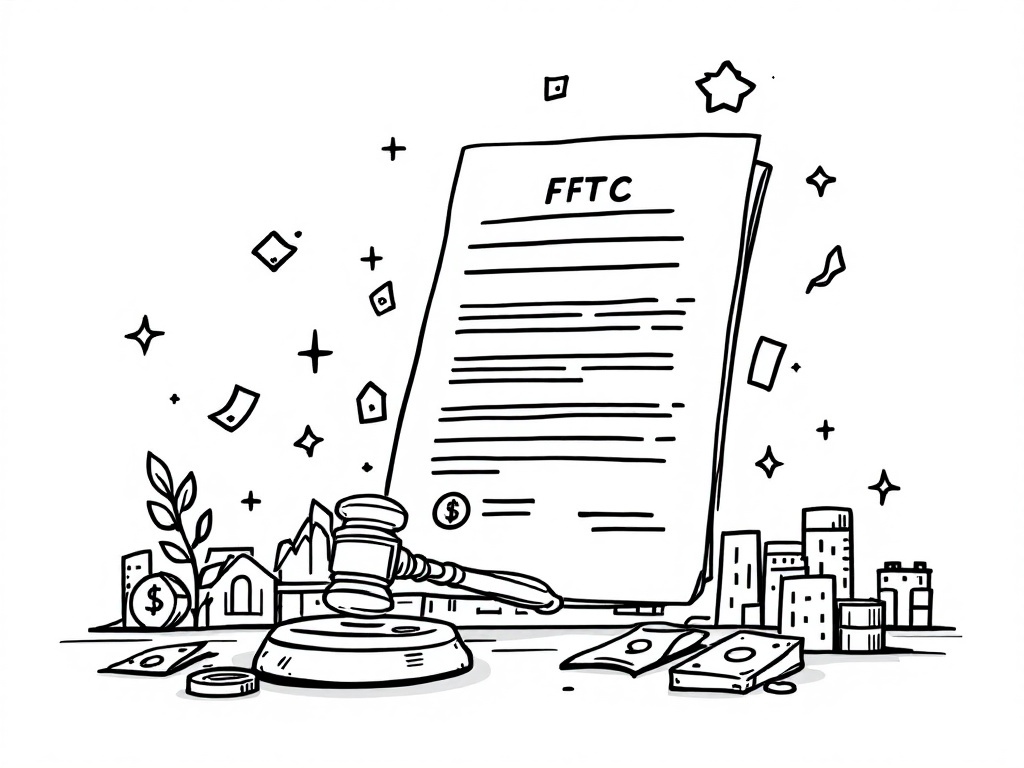FTC Lawsuit Challenges Uber's Subscription Practices

Washington, D.C., Monday, 21 April 2025.
The FTC sues Uber for deceptive billing of its Uber One service, accusing the rideshare company of charging without consent and making subscription cancellations difficult.
FTC’s Allegations Against Uber
The Federal Trade Commission (FTC) has filed a lawsuit against Uber Technologies Inc. (NYSE: UBER) as of 21 April 2025. The lawsuit asserts that the company engaged in deceptive billing practices for its Uber One subscription service, which allegedly included signing up users without their explicit consent and creating obstacles that prevent easy cancellation of the service [1][2][3].
Details of the Uber One Service
Uber One, launched in 2021, is a subscription service priced at $9.99 per month or $96 annually. It promises customers benefits such as fee-free deliveries and exclusive discounts. The FTC’s lawsuit highlights misleading claims by Uber, particularly around the advertised ‘$25 a month in savings,’ which fails to account properly for the subscription’s monthly fee itself [1][5].
User Experience Complaints
The FTC has accused Uber of creating a convoluted cancellation process for Uber One, effectively trapping customers in a service they did not wish to continue. The lawsuit includes reports from users who experienced difficulty in exiting the subscription, with some directed to customer service representatives unavailable or unresponsive, leading to further unauthorized charges [2][6].
Implications for Uber and Consumer Protections
This lawsuit reflects broader regulatory concerns about consumer protection in the tech industry. By targeting Uber, the FTC aims to assertively enforce consumer rights in digital marketplaces. Uber, countering the allegations, maintains confidence in the legality and clarity of their processes and anticipates a judicial resolution favoring their practices. However, the recurrence of legal challenges, such as past settlements with the FTC over deceptive claims, casts a shadow over Uber’s current defense [3][4][5].